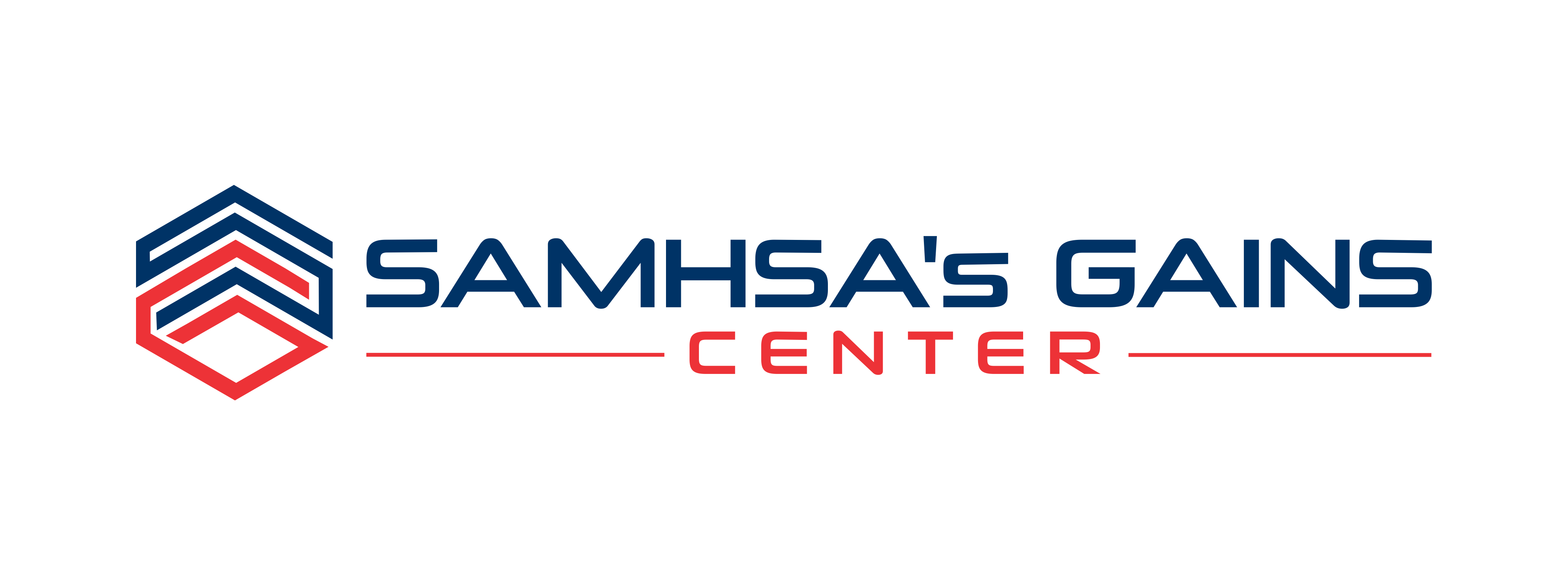By Kevin Cleare, Peer Support Implementation Coordinator at the New York City Department of Health and Mental Hygiene
I came home from prison in 2007 with the assistance of a peer organization that developed a relationship with me while I was incarcerated. The organization, called Hands Across Long Island (HALI), employs peers with lived experience of mental illness, substance use, and criminal justice involvement, who would visit inmates enrolled in the Sing Sing Community Orientation and Reentry Program and engage us around recovery. Simply put, they encouraged us all to reflect on our choices and whether substance use had contributed to our incarceration. They also gave us information to help navigate parole once discharged, such as warning us that some medications or foods could produce a positive toxicology that would appear to be a violation of our conditions of release. This was valuable information for me as a first time offender, eager to complete my parole supervision with no issues. These peers also introduced me to the concept of using my negative life experiences of mental illness, incarceration, and homelessness in a positive way as a peer counselor collaborating with clinicians to provide services to this same population. Their support and guidance were life-changing.
My release wasn’t without stresses. I was coming home in the summer to the temptations of the warm weather, with people my age publicly smoking marijuana and drinking. At the time I also had a lot of anxiety around charges on my rap sheet that had open dispositions—in fact, I struggled with paranoia and anxiety around officers coming to the gate to re-arrest me for these unresolved charges, a situation that I knew had happened to many others. But on the day of my release, the peers from HALI were the ones waiting for me at the Sing Sing gate, ready to drive me to meet my parole officer and then home. The peers were there to literally walk me through the process, calm my anxieties, and keep me grounded in reality on my first day in the community after 5 years in prison.
While peer support was integral to my recovery, family supports were equally key to my successful reintegration. My mother gave me tough love, rarely visiting me during my incarceration, and on my first day in the community asked me how long I would be staying with her. No party, no cake: “How long are you going to be here” is what stands out to me from that day. My grandmother on the other hand, who warned us as kids that she would never visit us if we ended up in jail, was by my side every step of the way. She came from the last great generation that knew what it was to struggle so she always had some money on hand. She would give me pocket money to supplement the meager public assistance I was receiving. Her financial support, words of wisdom and encouragement helped me make it to the Howie the Harp training program every day. After completing this program I attended a job fair and was selected for an interview with an innovative alternative-to-incarceration program that served individuals diagnosed with serious mental illness who were justice-involved. The rest is history. I have traveled all over the world, taking my grandmother with me, and truly been able to self-actualize by completing my undergraduate and graduate degrees in social work. The steps I made to change my life were the amends we talk about in recovery. I would not have been able to maintain my recovery without faith, peer support, family support and employment.


